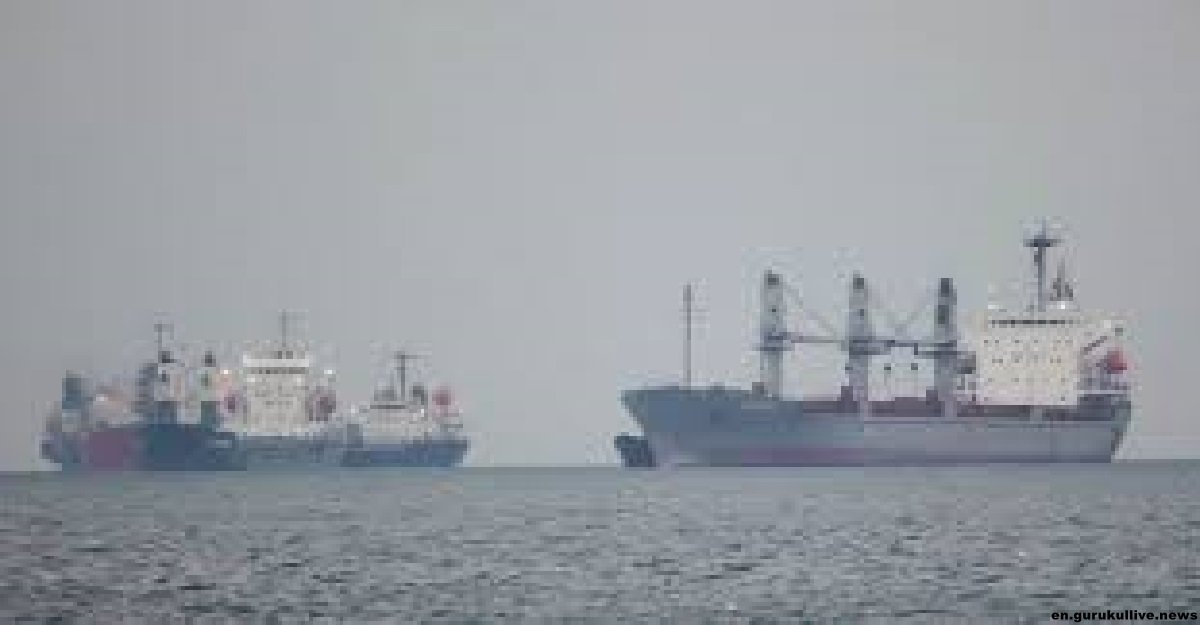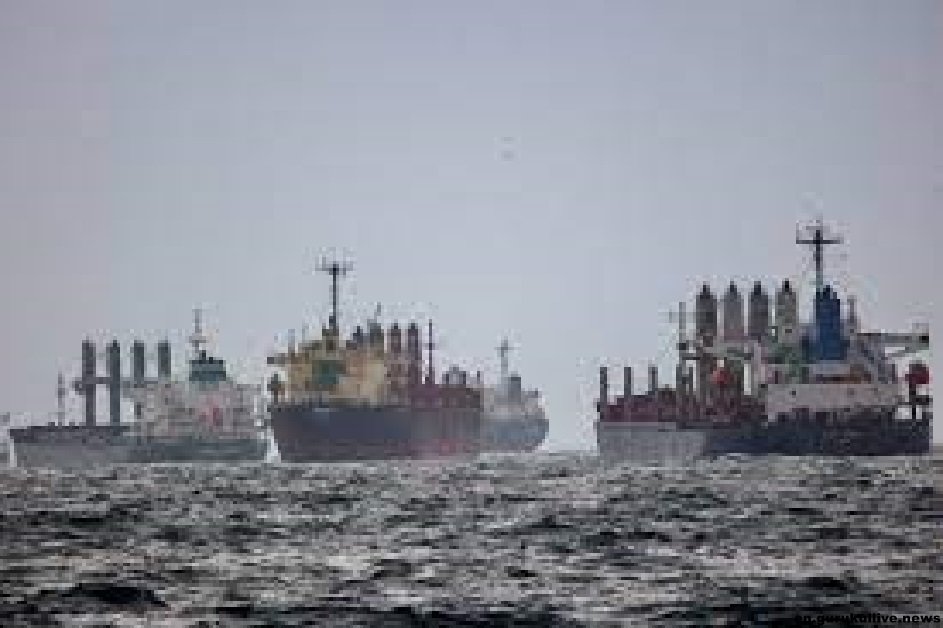Six trade bodies have emphasized continuing the ‘Black Sea Grain Initiative Agreement’ to avert human catastrophe.
They observed that the Bangladesh businesses are concerned about disrupting the smooth supply of wheat to feed millions of people worldwide due to Russia’s decision to axe the Black Sea Grain Initiative (“BSGI”) from 17 July, said a press release today.

Trade bodies for continuing ‘Black Sea Grain Initiative Agreement’
The bodies are the Federation of Bangladesh Chambers of Commerce and Industry (FBCCI), the International Chamber of Commerce – Bangladesh (ICC-B), the Metropolitan Chamber of Commerce and Industry (MCCI), the Dhaka Chamber of Commerce and Industry (DCCI), the Chattogram Chamber of Commerce and Industry (CCI) and the Foreign Investors Chamber of Commerce and Industry (FICCI).
The BSGI deal negotiated by the United Nations and Turkey allowed Ukraine to export millions of tonnes of grain through the Black Sea amid the ongoing war with Russia.
The deal expired on 17 July.
In a joint statement, they mentioned that the discontinuation of BSGI will not only cause man-made human catastrophe but also fail to contain the already sky-rocketed global inflation.
Under BSGI 32 million metric tons of foodstuffs were exported from three Ukrainian ports to 45 countries across three continents – with the proportion of wheat exported through the Black Sea to least developed economies remaining essentially unchanged from pre-war levels.

Crucially, the World Food Programme’s humanitarian operations in Afghanistan, Ethiopia, Kenya, Somalia, Sudan, and Yemen will be disrupted, leading to the starvation of millions of people, especially children.
Continued facilitation of Ukrainian and Russian exports of food and fertilizers thus remains crucial to global food security.
The Businesses, therefore, strongly support the withdrawal of sanctions and allow payments, insurance, and shipping of Russia’s agricultural exports to ensure the extension of the BSGI agreement for further terms as it is a vital lifeline for global food security.
